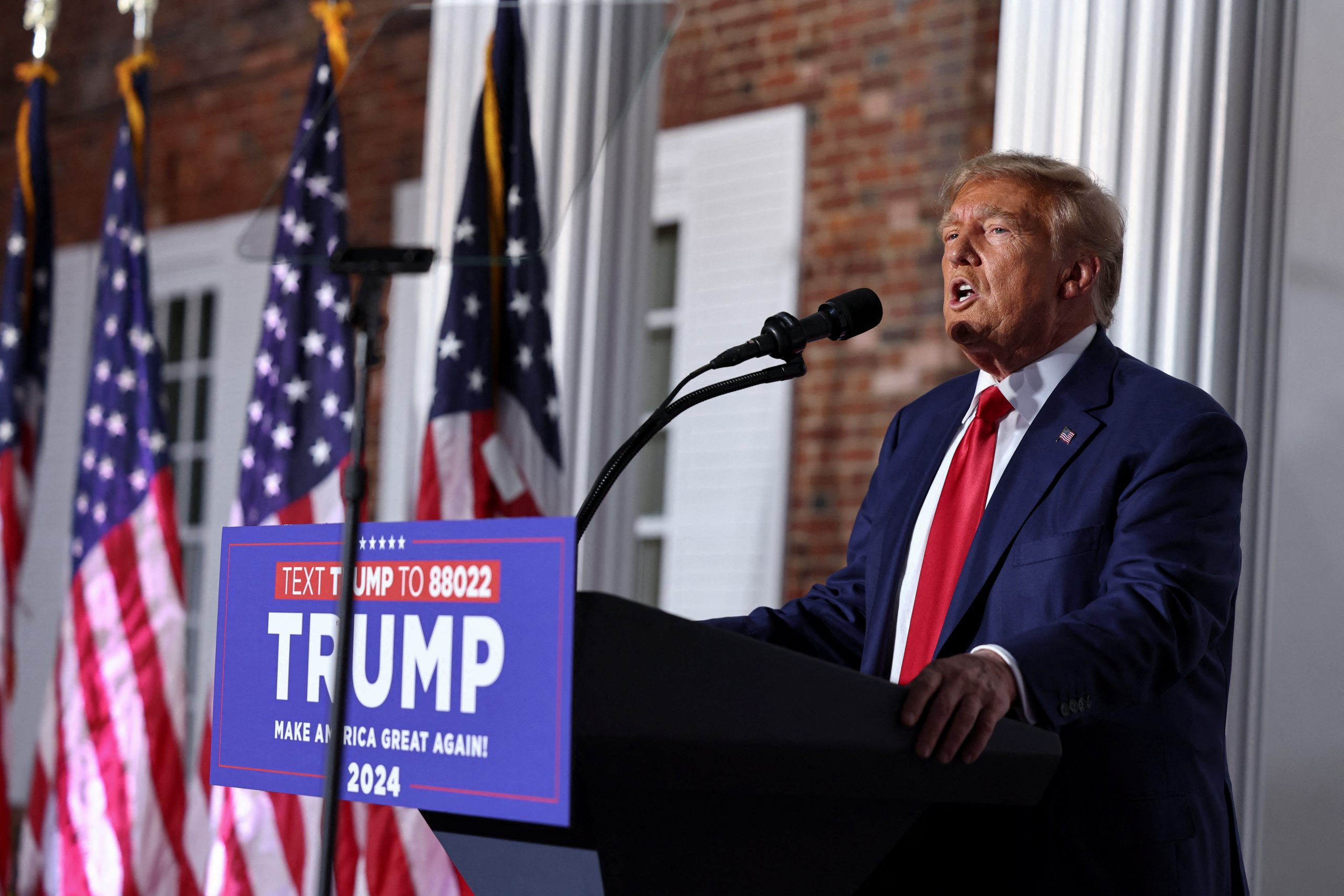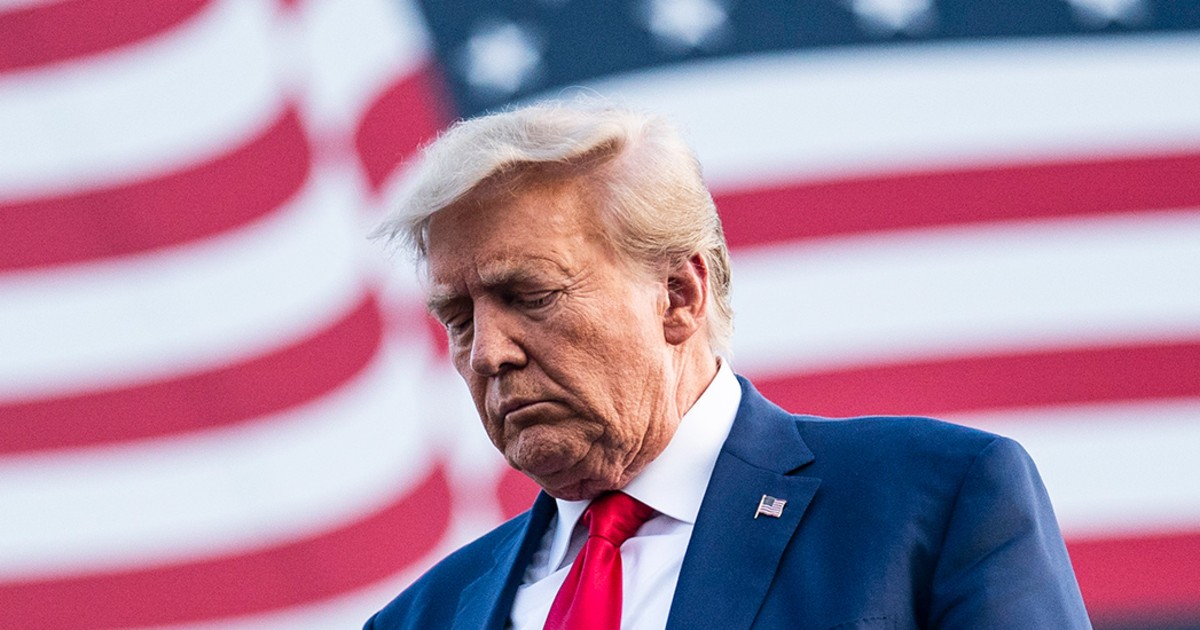The federal criminal case involving former President Donald Trump’s handling of classified documents saw a development Thursday as the presiding judge denied one of his two motions to dismiss the case, deeming it premature.
U.S. District Judge Aileen Cannon ruled that Trump’s argument, asserting that the main statute used by prosecutors against him is unconstitutionally vague as it pertains to presidents, would be more appropriately addressed later in the legal process, potentially during jury instruction briefing or through other motions.
Following a daylong hearing on Trump’s motions to dismiss, with Trump present, Judge Cannon, whom Trump had nominated to the bench, indicated skepticism towards his attorneys’ arguments on their other motion to dismiss. This motion contends that the Presidential Records Act prohibits his prosecution.

The judge made it clear she would promptly rule on the motions. Trump’s legal team argued that a significant portion of the charges should be dismissed based on the 1978 law governing information preservation during and after a presidency. However, Judge Cannon expressed doubts about the viability of this argument.
Special counsel Jack Smith challenged Trump’s assertion that he should be shielded from prosecution, arguing that the documents in question are not personal records but rather classified materials. Trump’s behavior during the proceedings, which included attentive listening and occasional interactions with his legal team, was noted.
Despite arguments from Trump’s lawyers about the applicability of the statute used against him, Judge Cannon appeared skeptical, noting the unprecedented nature of the case compared to past presidents’ actions.
Trump has pleaded not guilty to charges of wrongfully retaining classified information after leaving office. His co-defendants, Walt Nauta and Carlos De Oliveira, also pleaded not guilty to related charges.
The trial’s timing, initially set for May 20, is expected to be pushed back, though no new date has been set. Trump faces multiple felony charges, including willful retention of national defense information and conspiracy to obstruct justice, all of which he denies.
Trump thanked his supporters on social media following the court appearance, reiterating his assertion of being targeted unfairly. He continues to attend court proceedings related to various legal matters, with his attorneys seeking delays in some trials pending Supreme Court rulings on claims of presidential immunity.
